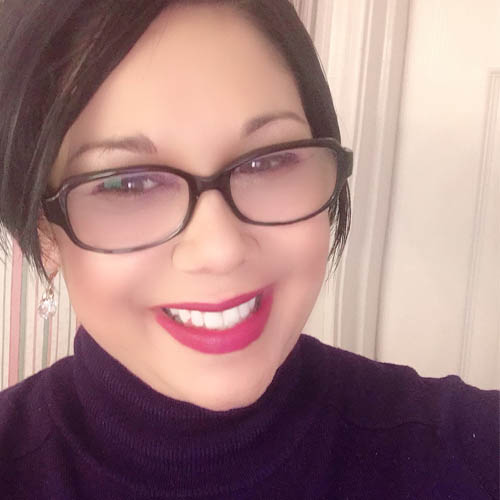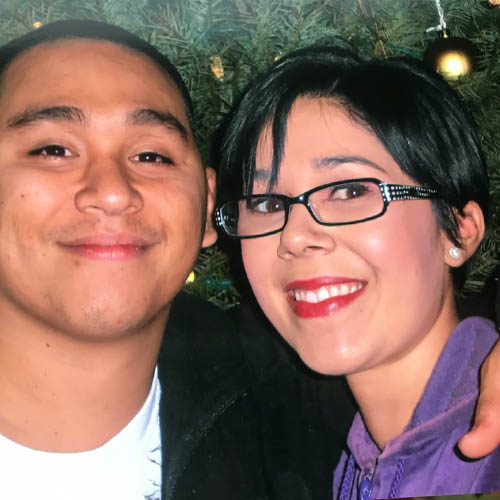Her Job is a Journey of the Soul
 Olivia Kerchner has the patient’s journey etched into her soul. As Centre for Neuro Skills’ Aftercare Coordinator, she’s in touch with patients post-treatment, sometimes for years after they complete rehabilitation. Advocate, resource, and sympathetic friend – she provides support, connecting them with services and programs to meet their needs.
Olivia Kerchner has the patient’s journey etched into her soul. As Centre for Neuro Skills’ Aftercare Coordinator, she’s in touch with patients post-treatment, sometimes for years after they complete rehabilitation. Advocate, resource, and sympathetic friend – she provides support, connecting them with services and programs to meet their needs.
“They’re still adapting to their new environment,” she says of those who resume life after injury. To ease that transition, she checks in with patients and their loved ones monthly. Do they need a local therapist? Help with insurance? Can a specialist solve vision or speech issues? Olivia also asks how they’re doing with skills learned at CNS: cognition, hygiene, safety, cooking, cleaning, money management and behavior to name a few.
Patients and families see her as a beacon of hope. Compassion is in her DNA, but there’s a deeper meaning to her dedication: her husband John was a patient at the CNS Bakersfield clinic for years. Olivia knows the family’s challenges as no one else does.
“I know what they’re facing, so I give them encouragement and an empathetic ear,” she says. “I want them to know we’re not just a business. We care about them after they leave.”
 Settling into the new normal can be tough. In treatment, Neurorehabilitation Specialists (NRS) are assigned to patients, tracking their progress and prompting them as they practice skills learned in therapy. “But at home an NRS doesn’t follow you,” she notes. “So for me and John, I had to find ways to make our life flow at home.” That’s where her real-world experience is invaluable to families in transition.
Settling into the new normal can be tough. In treatment, Neurorehabilitation Specialists (NRS) are assigned to patients, tracking their progress and prompting them as they practice skills learned in therapy. “But at home an NRS doesn’t follow you,” she notes. “So for me and John, I had to find ways to make our life flow at home.” That’s where her real-world experience is invaluable to families in transition.
It also comes into play in questions she asks about practicing skills at home. “They’re learning, adapting, and using tools we gave them,” Olivia says. However, she wants to know how it’s going without prompts in a world of ring tones, skateboarding kids, and ordering at McDonald’s.
Collecting data on patient progress is a cornerstone of treatment and these follow up questions inform outcome reporting. Intensive therapy is a hallmark of CNS. If patients achieve independence at home, it suggests that comprehensive rehabilitation has durability. Olivia’s work supports these efforts; she keeps a data-rich spreadsheet of progress for each patient.
Ten years at CNS has been an odyssey of the heart for Olivia. She’s seen families rise above the unthinkable. Yet she and John rebuilt their lives on the help they were given by CNS.
“I call this a journey because I don’t believe in plateauing,” she said. “Even today, I see improvements in John.”

